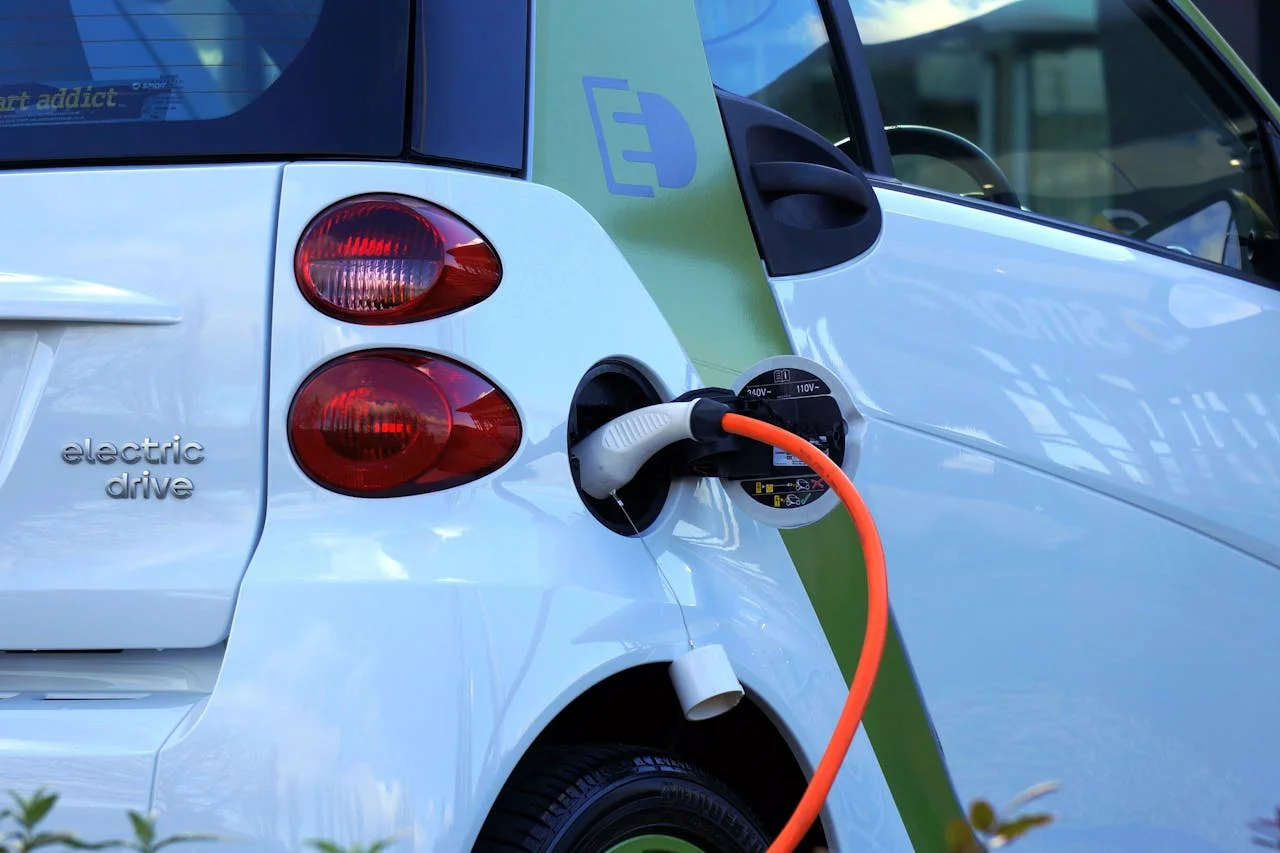
Xcel Energy is making significant strides toward its clean energy objectives, aiming to reduce emissions and support electric vehicles as the nation recognizes sustainability advancements this month. In conjunction with Climate Week NYC (Sept. 22-29), which promotes climate action, Xcel celebrates its progress in cutting carbon emissions by 54% since 2005, with a target of achieving 100% carbon-free electricity by 2050.
During Clean Energy Week (Sept. 23-27), Xcel highlights its energy mix, which is over 50% carbon-free, compared to the national average of 41%. As Drive Electric Week approaches (Sept. 27 to Oct. 6), the company reports that its energy powers electric vehicles with carbon emissions 65% lower than traditional gasoline vehicles, offering a cost-effective alternative at about $1 per gallon equivalent.
“As we recognize significant environmental milestones this month, we celebrate our sustainability achievements and acknowledge the work ahead,” said Bob Frenzel, Xcel Energy’s chairman, president, and CEO. “We were the first U.S. energy provider to set ambitious goals to reduce carbon emissions across electricity, heating, and transportation. As we prepare for future energy needs, we will ensure our services remain affordable and reliable.”
Commitment to Clean Energy Transition
Xcel Energy aims to be a net-zero energy provider by 2050 while maintaining reliability and affordability. The company utilizes climate science to inform its clean energy strategy, working with experts to align its vision with global temperature goals. By 2023, Xcel had reduced carbon dioxide equivalent emissions by 46.3 million short tons compared to 2005 levels—equivalent to the emissions from 11 million gas-powered vehicles annually.
Additionally, Xcel has achieved significant reductions in air emissions, cutting sulfur dioxide by 83% and nitrogen oxides by 85% since 2005. Its demand-side management initiatives saved 1,300 gigawatt-hours of electricity and 2.1 million dekatherms of natural gas in 2023, enough to power 165,000 homes for a year.
Since 1992, Xcel’s energy efficiency initiatives have helped customers avoid the need for 28 average-size power plants. The company supported about 7 million energy efficiency projects in 2023, with 300,000 customers participating in renewable choice programs. In 2023, renewable resources, including wind and solar, contributed 40% of its energy mix, alongside 10% from carbon-free nuclear energy. Xcel has retired 23 coal-fired generation units since 2005 and plans to exit coal generation entirely by 2030, facilitating a smooth transition for affected employees.
Advancing Electric Vehicle Infrastructure
Xcel Energy aims to facilitate zero-carbon transportation by 2050, providing the necessary fueling infrastructure for carbon-free electric vehicles. In 2023, there were over 143,000 electric vehicles in its service area, a 50% increase from 2022. The company offers programs across four states to help customers transition to electric transportation through education, rebates, and incentives.
Electric vehicles powered by Xcel Energy in 2023 had carbon emissions about 65% lower than traditional gasoline vehicles. As the company’s electricity supply becomes cleaner over the next five years, this figure is expected to reach at least 80% lower emissions by 2030. Xcel’s own EV fleet, comprising nearly 300 vehicles, has driven over 1.3 million miles and includes all-electric mini excavators and bucket trucks.










